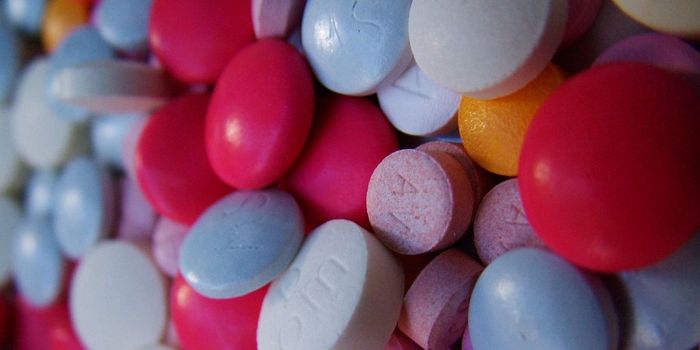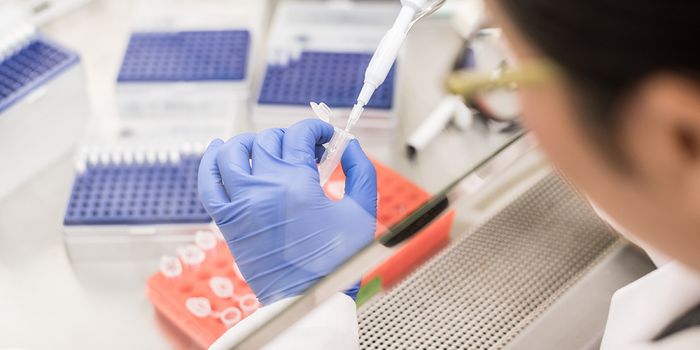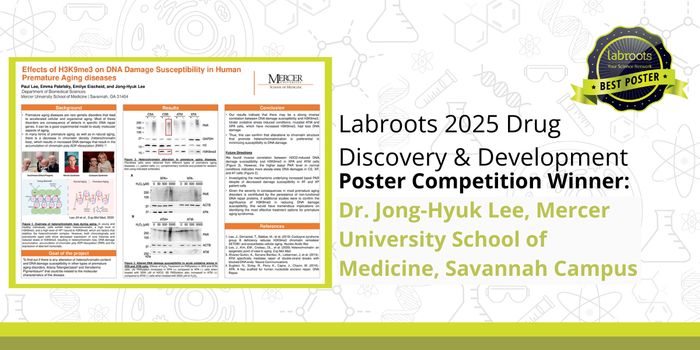New Drug Shows Promise in Treating Both Sleep Apnea and Heart Failure
Researchers from the University of Sao Paulo and the University of Auckland have discovered that a promising new drug that may help alleviate heart failure and prevent sleep apnea.
Sleep apnea and heart failure are closely related. Sleep apnea is a condition in which a person stops breathing briefly while sleeping. When left untreated sleep apnea can contribute to the development of heart failure and/or worsen an existing heart condition. During an apneic event, oxygen levels in the body significantly drop, which causes the heart to work harder to pump blood to the organs. In turn, this also activates the body’s sympathetic nervous system, or the 'fight or flight' response. This leads to a dramatic increase blood pressure and places strain on the heart, which can lead to damage over time.
Conversely, heart failure can also lead to sleep apnea due to fluid buildup in the lungs, making it difficult to breathe during sleep. In total, it is estimated that around 936 million people worldwide have sleep apnea and 38 million people suffer from heart failure. As such, a treatment for both sleep apnea and heart failure would be of great benefit.
In the current study, that was published in the journal Nature, the researchers tested a drug called, AF-130, that helps to reduce sympathetic nervous system activity. By antagonizing purigenic receptors in the areas of the brain that control heart rate and respiration, the authors were able to help improve the heart’s ability to pump blood and at the same time stimulate breathing during sleep.
The researchers performed their tests in a rat model of chronic heart failure. The chronic heart failure rats typically display disordered breathing and altered heart rate variability. The researchers aimed to correct this with the new drug and administered either a placebo or the drug to the rats with chronic heart failure. Remarkably, the rats who were treated with the drug displayed normal breathing and improved heart rate variability, while the rats who were treated with the placebo continued to display signs of heart failure.
Professor Julian Paton, the lead author on the study, said, “This drug does offer benefit for heart failure, but it’s two for the price of one, in that it’s also relieving the apnea for which there is currently no drug, only CPAP (a breathing device), which is poorly tolerated.” Importantly, the drug is soon to be FDA-approved for a different health indication, but this paves the way for human trials in the near future.
Sources: American College of Cardiology; Sleep Foundation; Psychology Tools; UpToDate; The Texas Heart Institute Journal; nature;








